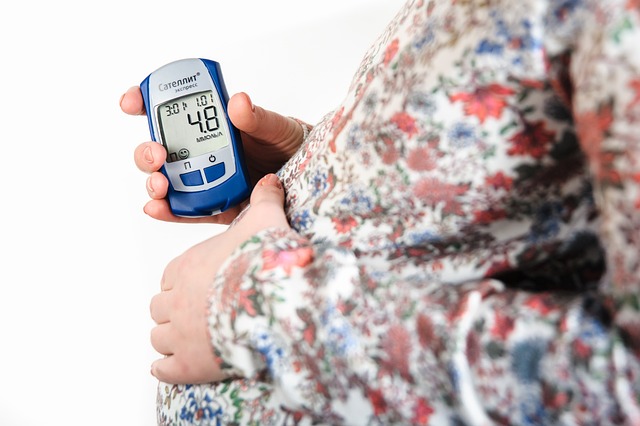One of the many questions new parents often ask is: when is the right time to start introducing solid foods to my baby? With a flood of information and differing opinions on this topic, it’s completely normal to feel a bit overwhelmed. Here’s some helpful advice to clarify when to begin this exciting new chapter in your baby’s eating journey.
How Can I Tell If My Baby Is Ready for Solids?
If you’re wondering whether your baby is ready for those first bites, there are a few key milestones to look for:
- Your baby can sit up independently and maintain good posture.
- They don’t automatically push food out with their tongue.
- They show an interest in chewing and may mimic eating behaviors.
- They are starting to pick up objects using their thumb and forefinger (this is called the pincer grasp).
- They show curiosity during mealtimes, reaching for food and trying to put it in their mouths.
What’s the Ideal Age to Introduce Solids?
Leading health organizations like the American Academy of Pediatrics and the World Health Organization recommend waiting until your baby is about six months old to start solids. The main reason is that there’s no significant benefit to starting earlier, and waiting allows your baby to thrive on breast milk or formula alone without increasing their risk for allergies.
Why Wait Until Six Months?
Delaying the introduction of solids has several benefits:
- It allows your baby’s digestive system to mature.
- It helps reduce the risk of illness.
- It ensures your baby is developmentally prepared for solids.
- It may help prevent the development of iron-deficiency anemia.
What About Starting Solids at Four Months?
You might hear from well-meaning friends or family members that starting solids as early as four months is fine. The only professional backing this claim is the American Academy of Allergy Asthma and Immunology, which suggests introducing solids between four and six months, starting with less allergenic foods. However, most health organizations still advocate for the six-month mark, so it’s best to consult with your pediatrician to determine what’s right for your child.
Will Solids Help My Baby Sleep Better?
You may have heard from relatives that introducing solids will lead to longer sleep at night. Unfortunately, that’s a myth. Studies indicate that solids won’t necessarily make your baby sleep longer, and they might even disrupt sleep if they cause digestive discomfort. So, it’s probably best to not buy into those suggestions!
What Should I Feed My Baby First?
While you can certainly introduce a variety of foods, it’s wise to start with one new food every three days to monitor for any allergic reactions. This helps identify which food might be causing an issue. For example, begin with single whole grains like oatmeal or barley rather than a mixed puree, so you know exactly what your baby reacted to, if anything.
Essential Nutrients for Your Baby
It’s important to ensure your baby is consuming iron-rich foods to support their development. Foods like fortified cereals, beans, dark leafy greens, and lean meats are excellent sources of iron. Pairing them with vitamin C-rich foods (like citrus fruits and tomatoes) can help with absorption. Additionally, don’t forget about zinc and vitamin D for overall health.
Foods to Avoid
There are some foods you should definitely steer clear of until your baby is at least twelve months old. Honey is a no-go due to the risk of botulism, and it’s best to avoid added sugars, processed foods, and whole milk until the one-year mark. Also, be cautious with choking hazards like grapes, popcorn, and nut butters.
Understanding Gagging vs. Choking
It’s common for babies to gag as they adjust to new textures, so don’t panic if you see them gagging a bit. However, if they aren’t making any noise and appear to be choking, that’s when you need to take action. Make sure you know what to do in case of choking.
What Is Baby-Led Weaning?
Some parents choose baby-led weaning, which allows babies to explore solid foods at their own pace by offering soft finger foods around six months. This approach can improve hand-eye coordination and promote healthy eating habits. It’s still essential to start with single-ingredient foods to monitor for allergies.
What Happens to Baby Poop When They Start Solids?
Once your baby starts on solids, expect changes in their poop. It may become smellier and firmer, and the frequency may vary depending on what they eat. If diarrhea occurs, it could indicate an allergy, so take note of what they ate beforehand.
Have you begun your little one’s solid food adventure? Share your experiences and tips in the comments!
For more insights on baby care, check out our other blog posts, like this one about baby wipes. And if you’re looking for resources on starting a family, visit Vegas Pregnancy for a free sperm donor matching service or Make a Mom for innovative at-home insemination kits. You can learn more about how at-home insemination works here. For a deeper dive into fertility and pregnancy, Cleveland Clinic offers excellent resources. For further information on this topic, check out Modern Family Blog.
In summary, starting solids with your baby is an exciting milestone. By waiting until they’re around six months and monitoring their progress, you can ensure a safe and enjoyable transition into solid foods.

